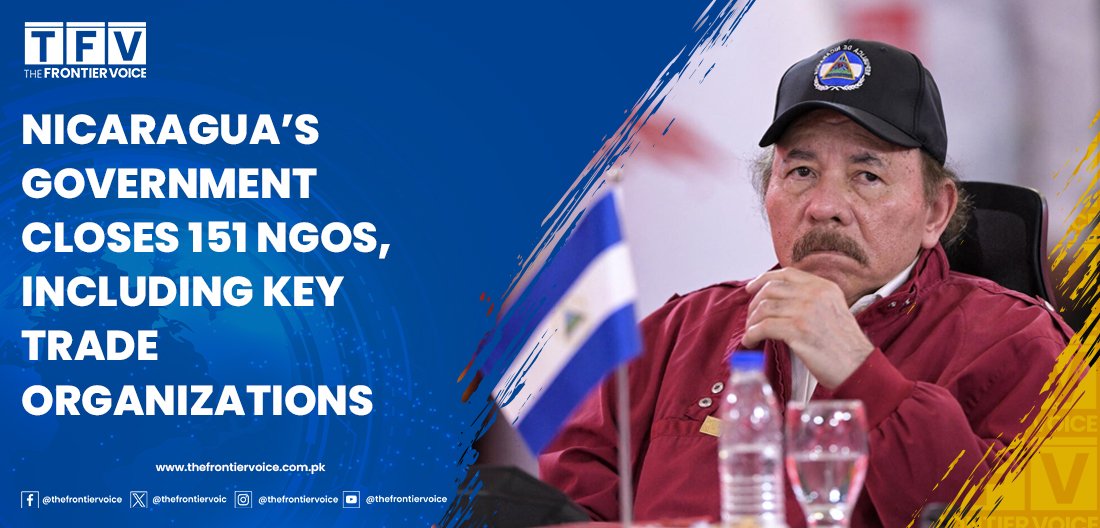BUSINESS/FINANCE
Nicaragua’s Government Closes 151 NGOs, Including Key Trade Organizations

Nicaragua’s government, under President Daniel Ortega, has once again intensified its crackdown on civil society by closing 151 nongovernmental organizations (NGOs), including several key trade organizations. Among those affected is the American Chamber of Commerce (AMCHAM), which had been a cornerstone of trade relations between Nicaragua and its most significant trade partner, the United States, for 47 years.
This recent wave of closures comes on the heels of a sweeping decree on Monday that saw the shutdown of 1,500 organizations, predominantly religious in nature. The Nicaraguan Interior Ministry justified these actions by claiming the organizations had failed to properly report their financial statements to the government.
However, analysts and critics argue that these closures are part of a broader strategy by Ortega’s government to suppress dissent and tighten control over the country. Since the massive 2018 street protests, which were met with a deadly crackdown, Ortega has systematically targeted NGOs, accusing them of being involved in efforts to oust him from power. To date, more than 5,000 organizations have been closed under his regime.
Enrique Sáenz, an economist and political analyst, expressed deep concern over the economic ramifications of these closures. He described the move as “absolutely irrational” and warned that it sends a troubling signal to both domestic and international investors. Sáenz pointed out that by shutting down organizations linked to the private sector, the government is essentially “shooting itself in the foot,” as it will lose the jobs and economic activity these organizations generate.
The closure of AMCHAM, in particular, could have far-reaching consequences. The chamber played a crucial role in promoting bilateral trade and investment, and its absence may further strain Nicaragua’s already tense relationship with the United States. Moreover, the closure of other trade chambers, including those representing Mexico, Panama, and Uruguay, adds to the growing uncertainty surrounding the country’s economic future.
